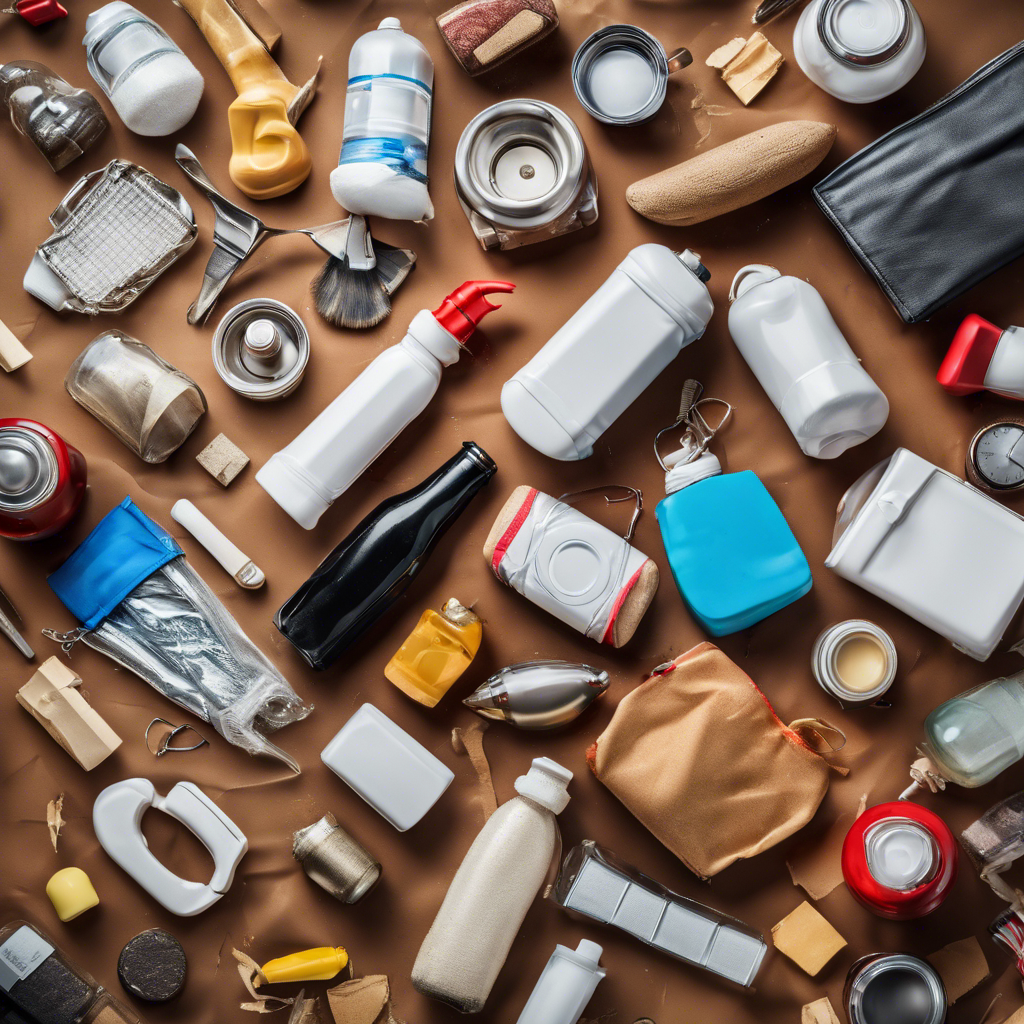The True Cost of Consumerism: Cheap Products and Their Devastating Impact

Unsustainable Consumption and its Consequences
In a world driven by consumerism, the allure of cheap products is undeniable. However, the hidden cost of our insatiable desire for disposable goods is becoming increasingly apparent. From the environmental toll to the social injustices perpetuated by our consumption habits, the consequences of our throwaway culture are dire. This article delves into the detrimental effects of cheap products, shedding light on the toll they take on both people and the planet.
The Earth’s Resources: Beyond Sustainable Limits
Since 1999, humanity has been exceeding the Earth’s capacity to sustainably provide resources. Scientists estimate that we have surpassed this threshold by billions of metric tons. At the heart of this issue lies our overconsumption of cheap, poorly-made products. Whether it’s shoddy tools or fast fashion that quickly becomes trash, our obsession with the latest trends is depleting the Earth’s resources at an alarming rate.
Environmental Impact: From Open Pit Mining to Carbon Emissions
The production of cheap products has far-reaching environmental consequences. The demand for the latest tech gadgets drives open pit mining, resulting in the destruction of ecosystems and the exploitation of precious minerals. Additionally, the demand for rubber continues to decimate rainforests, leading to the loss of biodiversity. Furthermore, the process of transforming raw materials into final products accounts for one-fifth of all carbon emissions, exacerbating climate change.
Social Injustice: The Hidden Costs of International Trade
The global inequality perpetuated by consumerism ensures that the social and environmental costs of international trade are borne by the most vulnerable. Research has linked the demand for goods in Western Europe and the United States to the premature deaths of over 100,000 people in China due to industrial air pollution. This stark disparity highlights the human toll of our consumption habits, with marginalized communities paying the price for our insatiable desire for cheap products.
A Call for Change: Shifting Towards Sustainable Consumption
As the detrimental effects of cheap products become increasingly evident, a shift towards sustainable consumption is imperative. Embracing quality over quantity and investing in products that are built to last can help reduce our impact on the planet. Additionally, supporting fair trade practices and ethical manufacturing processes can address the social injustices perpetuated by our consumer culture. It is crucial for individuals, businesses, and governments to work together to create a more sustainable and equitable future.
Conclusion:
The true cost of cheap products extends far beyond their initial price tag. From the depletion of Earth’s resources to the environmental degradation and social injustices they perpetuate, our throwaway culture is exacting a heavy toll. It is time to reevaluate our consumption habits and prioritize quality, longevity, and sustainability. By making conscious choices, we can mitigate the devastating impact of cheap products and pave the way for a more equitable and environmentally conscious society.










